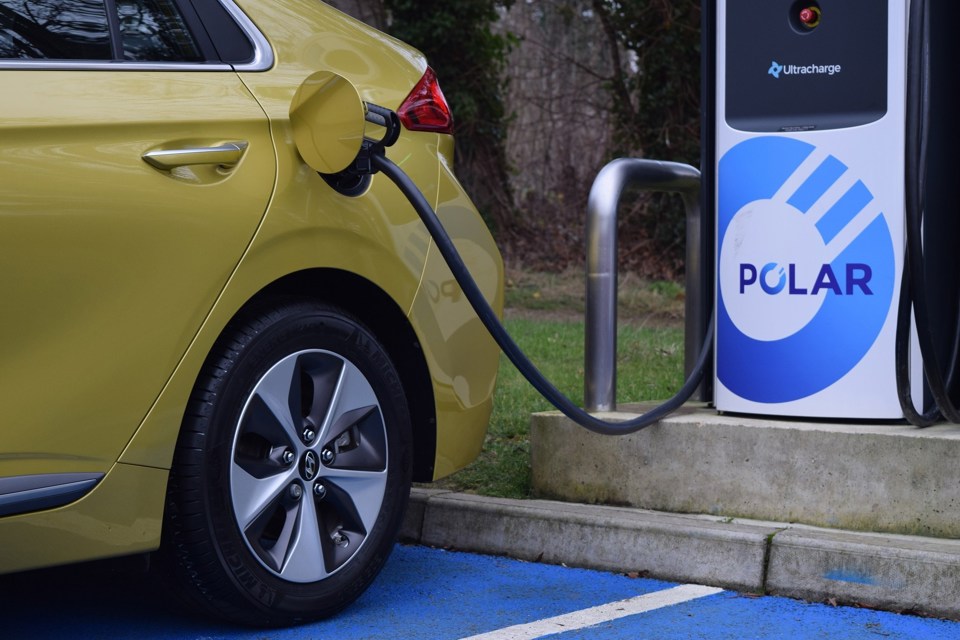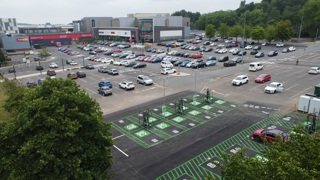Electric vehicle drivers could save £170 a year through smart charging, a study by Aurora Energy Research has found.
The report by the energy market modelling and analytics firm says that the key obstacles to mass uptake of EVs - cost, range and access to charging - all look likely to be addressed in the coming years.
One often-voiced concern has been that the country's electricity grid could not cope with the increased demand on power, but Aurora says this is not the case.
Richard Howard, head of research at Aurora Energy Research, said: “In the coming years we are likely to see a rapid increase in the number of electric cars on our roads – both in the UK and globally – as they reach cost parity with conventional cars.
"There are many scare stories out there suggesting our power system cannot cope with the growth in electric vehicles. On the contrary, our research suggests that provided EV charging is smart, the GB power system can easily accommodate 15 million-plus electric cars.
"In fact, the flexibility of EV charging could be beneficial for overall grid operation, and improve the economics of renewable power.”
Aurora forecasts that 10 million battery electric cars will be on Great Britain's roads by 2035, representing 30% of the total fleet and 60% of sales at that point. This could even increase to 15 million in 2035 if battery costs fall faster than expected.
Adding 10 million electric cars will increase overall power demand by 19TWh per year, which is equates to 6% of current power demand.
Aurora says what is key to understanding the impact on the power system is to think about how motorists are likely to charge EVs in the future, and for industry and government to help develop and encourage use of a smarter charging system.
Evidence shows that at present, most EV owners plug in and charge their car when they get home for work increasing the evening peak demand for electricity.
If 10 million EVs were added to the grid and charged in this way it would require 3GWs of additional generation capacity at peak times, as well as requiring potentially costly reinforcements of the power network.
However, if EV charging is ‘smart’ then these challenges are significantly reduced.
Aurora’s report describes two models of ‘smart’ charging: one where EV owners are encouraged to charge off-peak with lower off-peak tariffs; and a second where energy suppliers optimise EV charging to charge at the lowest price.
Either way, the benefits for EV owners are potentially significant, reducing charging costs by around £170 per electric car per year.
Smart charging also reduces the impact of EVs on the power system minimising the impact on peak demand, and reducing the requirement to build additional generation capacity.
Aurora also predicts that battery electric cars will reach cost parity with conventional petrol/diesel cars in the 2020s with the crossover happening soonest for smaller and lower range cars.

















Login to comment
Comments
No comments have been made yet.